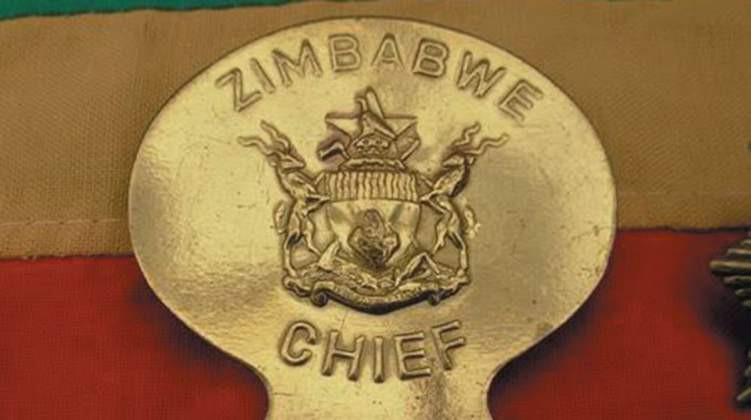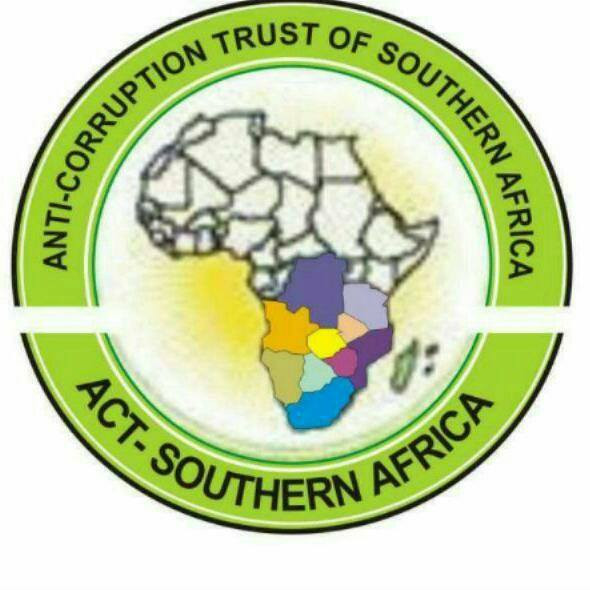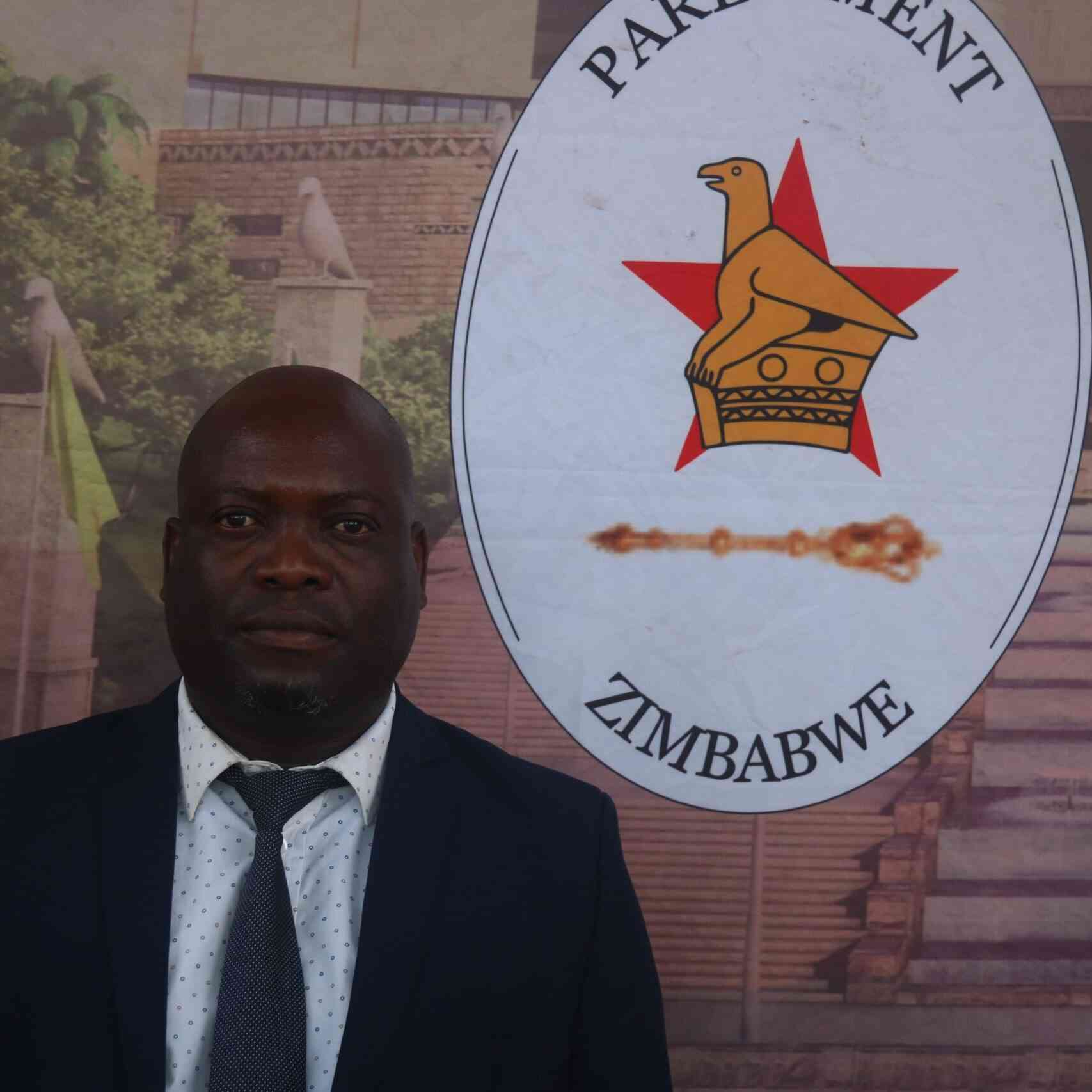
TRADITIONAL leaders have a no capacity to deal with the effects of the drought sweeping across Zimbabwe, Chief Mbuso Dakamela has said.
Chief Dakamela of Nkayi district in Matabaleland North province made the remarks after President Emmerson Mnangagwa recently declared the 2023/24 drought a national disaster.
Zimbabwe is seeking US$2 billion to avert a food crisis.
Speaking during a virtual debate organised by the Nkayi Community Parliament on Sunday this week, Chief Dakamela said although traditional leaders kept food stocks known as isphala senkosi, they were not enough to cover the current drought.
The traditional leader recently organised the Chief Dakamela Awards Ceremony in Nkayi to celebrate and recognise locals who have done well in uplifting the district.
The event called Imiklomelo kaDakamela was held on April 6 this year to reward people who succeed in disciplines such as health, education and social achievements as well as stimulating regional cultural growth.
Responding to questions about the plans and measures he has put in place to cushion his subjects during the drought, the traditional leader said there was inadequate food in his reserves to save both humans and livestock.
“So, in terms of capacity, chiefs are not well capacitated to deal with such things, but as we go, we will continue to engage with authorities such as rural district council, local government and Department of Social Welfare,” he said.
- NoViolet Bulawayo’s new novel is an instant Zimbabwean classic
- Jah Prayzah, Zanu PF rekindles ‘lost love’
- Bank workers appeal to Ncube for tax relief
- Indosakusa marks 21-year anniversary milestone
Keep Reading
“I am sure we will have a way going forward to enable us to have the chief’s silos to be well-stocked for such issues to even have bales and stockfeeds for cattle. But for now you can ask any chief what are the contingent measures, there is nothing, we do not even have an idea where to start from.”
Chief Dakamela, however, applauded government for paving way for donors to assist food insecure communities after declaring the drought a state of national disaster.
The World Food Programme has estimated that at least 5,5 million people are in dire need of food assistance countrywide.









